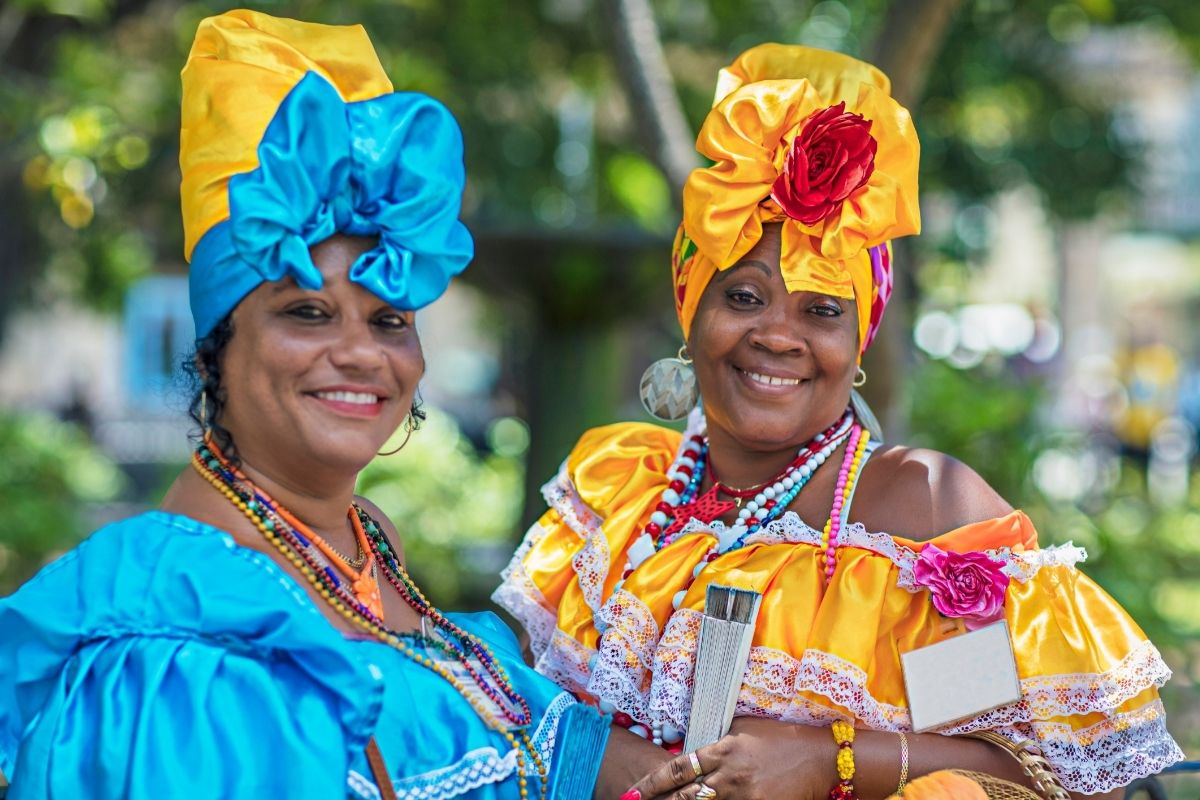When traveling to another country, learning about the local traditions and customs is important. The last thing you want to do is unintentionally offend someone!
In many ways, from the historical architecture to the antique cars, we can call Cuba a “throwback.” It is a place that has experienced drastic change since the 1959 Cuban Revolution.
To help you get a better understanding, below we will reveal some of the things you may not know about Cuban culture.
Cuban laws on drugs, smoking, and drinking
Cuba is a very relaxed place when it comes to drinking laws. There is no legal drinking age in Cuba, nor is there a lecal age for purchasing tobacco products or smoking. You do need to buy 16-years-old to purchase alcohol, yet this law is not always enforced.
On the flip side, there are very severe penalties in place for drug trafficking, acquisition, and possession, including long, mandatory prison terms.
Schedules and punctuality
One thing you should know about Cuban culture is that it is very laid back. While you should always aim to be on-schedule, don’t cause a fuss if others aren’t. Cubans favor experiences with people, rather than letting their lives be dictated by timelines or schedules.
Similarly, travel schedules are not always adhered to, whether it’s for buses, trains, taxis, or anything else. Being late is pretty normal in Cuba!
Taboos in Cuban culture
Generally speaking, Cubans love nothing more than embracing visitors and sharing their way of life. The culture here is about fun, direct interaction, inclusion, and cohesiveness.
However, even the happiest of people get offended from time-to-time, right?
So, while you are in Cuba, here are some of the things you should NOT do:
- Do not litter – it’s considered rude, and it is also a law-breaking offense!
- Never spit on the ground.
- Do not take photographs of anyone unless they have given you their permission.
- Avoid blowing your noise in public.
Good manners in Cuba
“Good manners” are important around the world, yet etiquette standards do differ from country to country.
Here are some of the differences when it comes to general etiquette in Cuba:
Loud does not always mean a disagreement
You may be a bit alarmed when you hear someone speaking loudly or seemingly arguing in public. However, rather than being a fight, this is likely to simply be an expressive discussion.
Cubans hate conflict
Cubans dispise open conflict. They will limit interpersonal conflicts by expressing them in innunedo form instead of directly accusing someone.
People like to demonstrate affection when speaking
People in Cuba are a bit more touchy. They use their hands from emphasis when speaking and demonstrate affection openly.
Cubans are known to be incredibly friendly
Finally, locals are incredibly friendly here. They are hospitable, kind, and generous.
Privacy is not valued as much in Cuba
If you’re heading to Cuba from the United States, do not expect your private space to be valued as highly.
It’s completely normal for a total stranger to shake your hand or greet you, so don’t be surprised if people are in closer quarters compared to what you are used to.
Communicating in Cuba
The final piece of the puzzle when it comes to understanding Cuban culture is the locals’ communication style. Cubans are more expressive and louder when compared with other nationalities. There’s no need to be alarmed. That’s just the way they are.
If you hear or see a loud conversation, with lots of hand gestures, there is no need to panic. This is the norm in Cuba, and it is rarely associated with anger or danger.
Furthermore, if you are speaking with someone, direct eye contact is valued highly. Looking someone directly in the eyes when speaking with them shows that you are interested in what they are saying and it is a sign of respect.
Understanding Cuban culture
We hope that this post has helped you to get a better understanding of Cuban culture. It is always a good idea to have a basic comprehension of the culture in the country you are visiting so that you can respect the local people.
- The Art of Cuban Poster Design: History, Techniques, and Cultural Significance - May 23, 2023
- Taking A Vintage Car Tour In Havana - May 23, 2023
- Top 5 Cuban Revolutionary Sites - May 23, 2023








